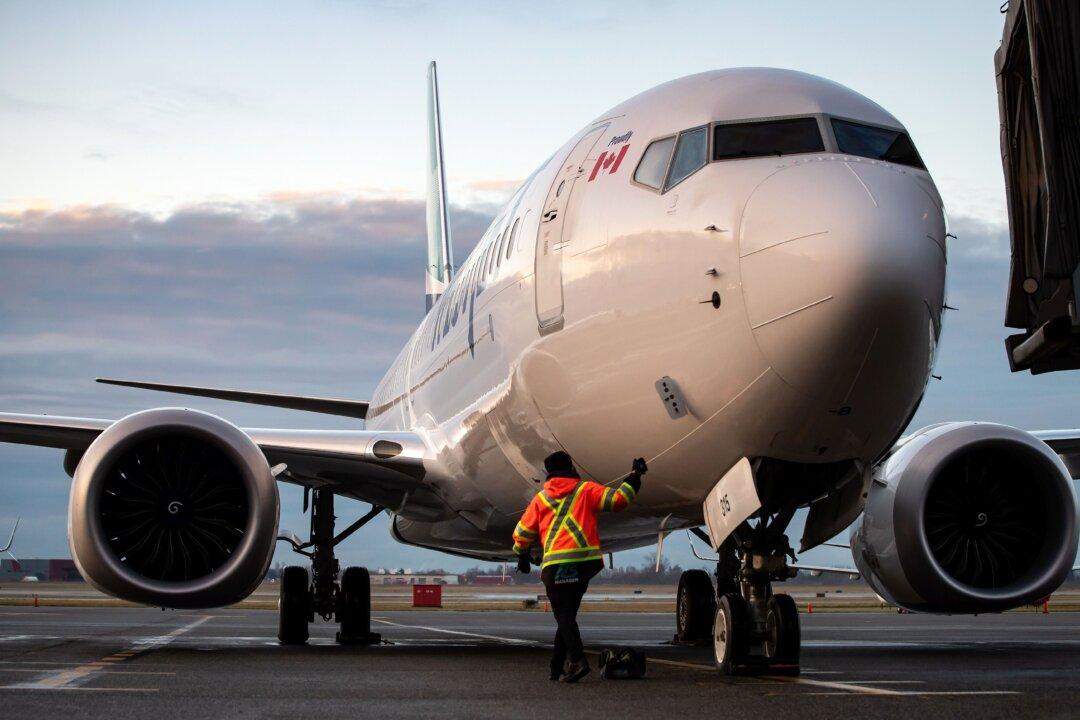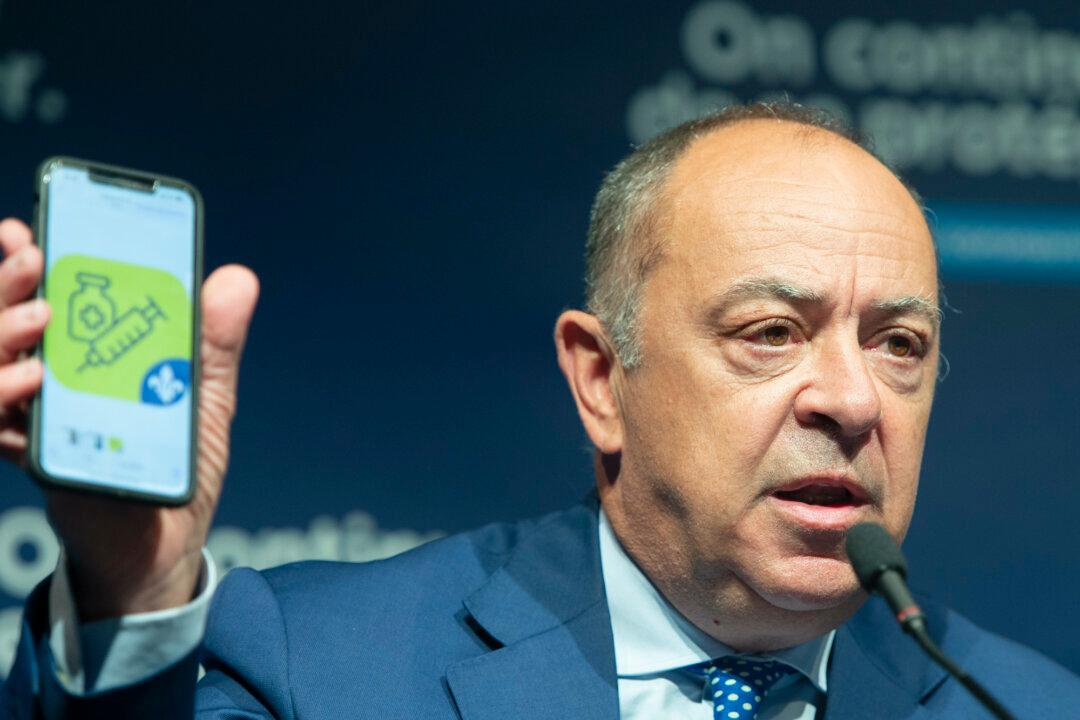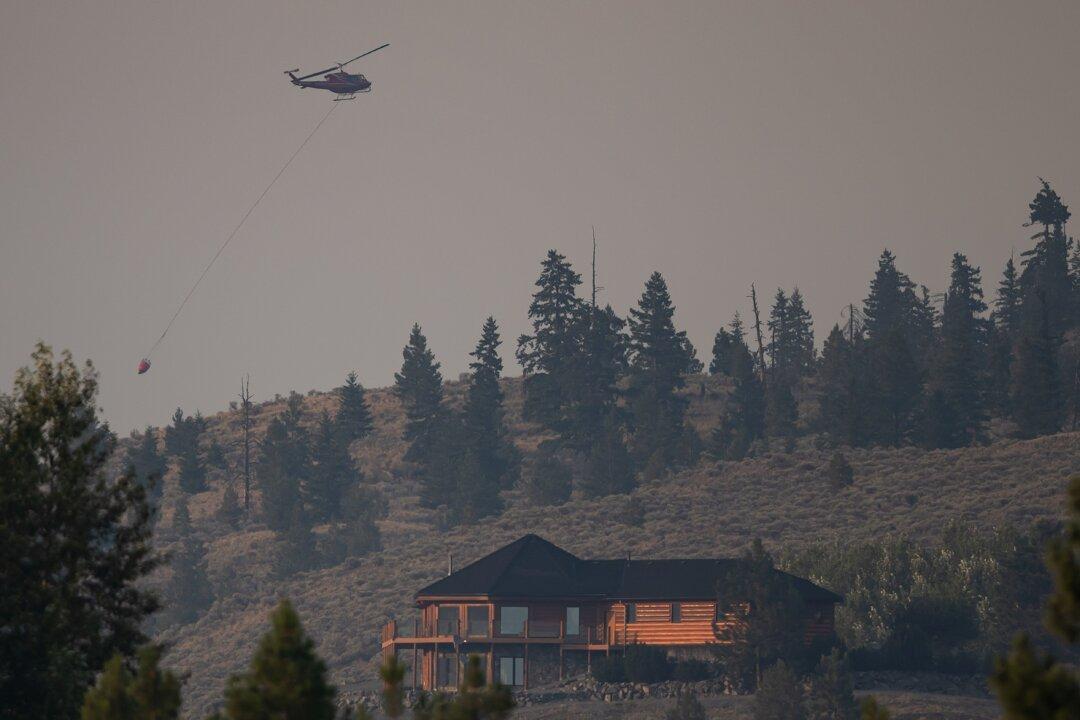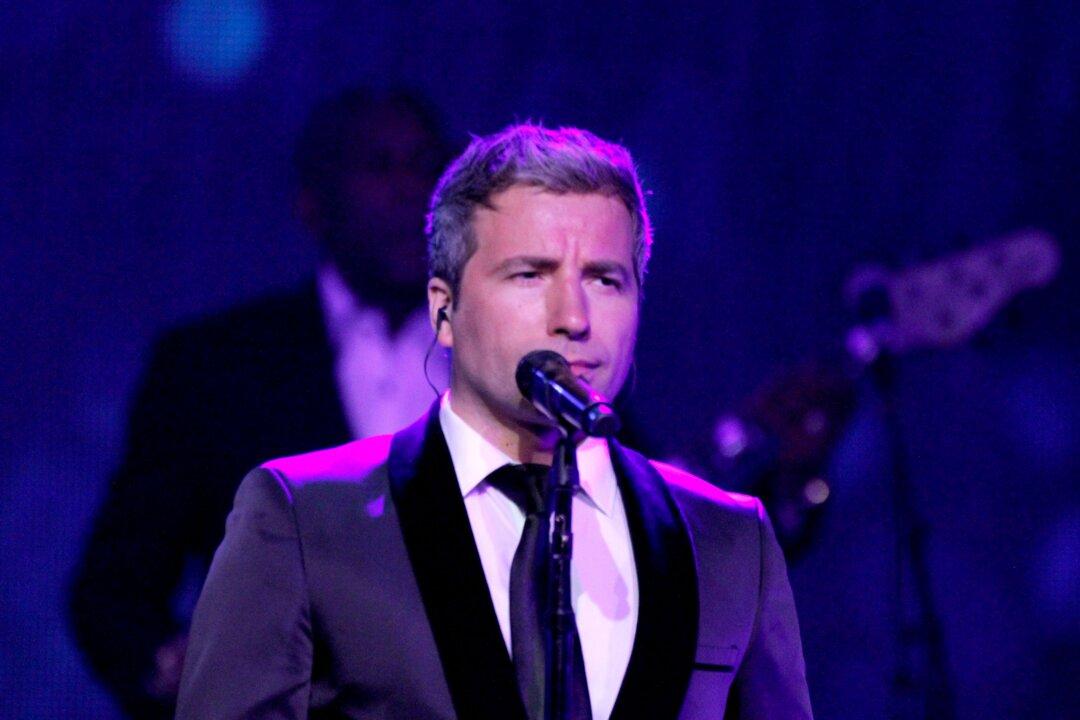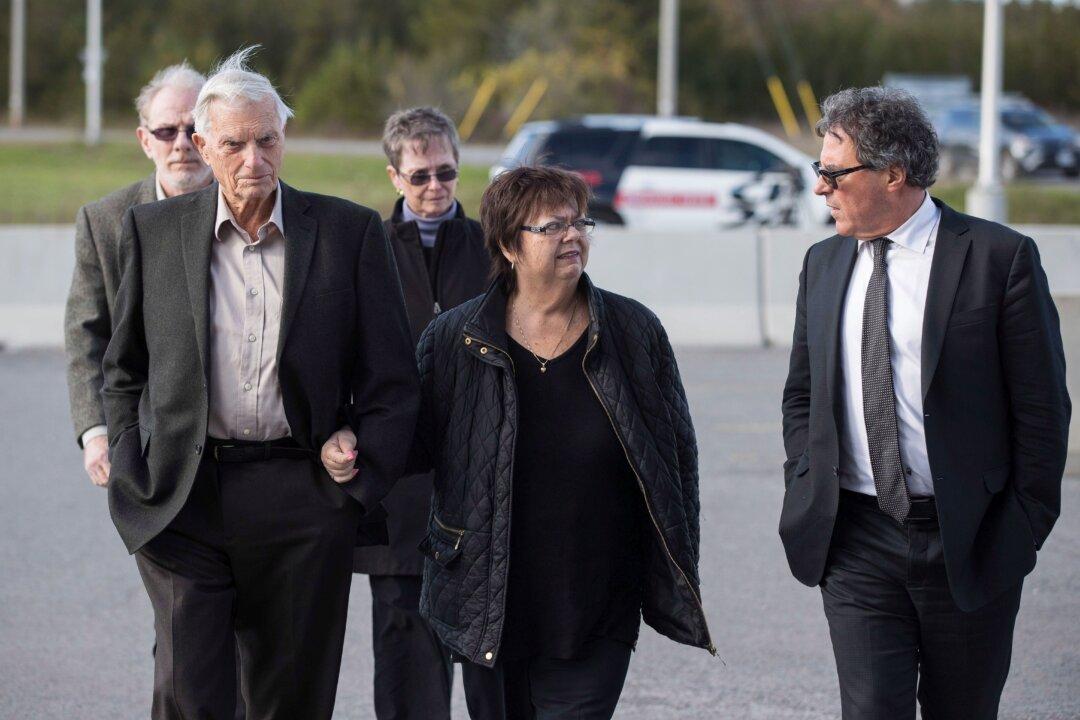While the federal government continues talks with airlines over a bailout package that could cost as much as $9 billion, a parliamentary committee on March 23 heard from other aviation sector players about ways to assist the recovery of the industry left reeling from pandemic restrictions on domestic and international travel.
Ottawa’s fighter jet contract is worth up to $19 billion for the winning firm, and Boeing is one of three aircraft manufacturers that have bid on the contract. Boeing boasted last October that its project “can guarantee” $61 billion for the Canadian economy and generate nearly 250,000 jobs over its 40-year lifespan.
